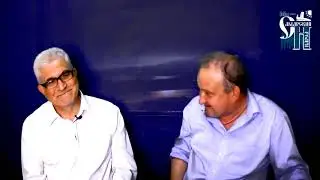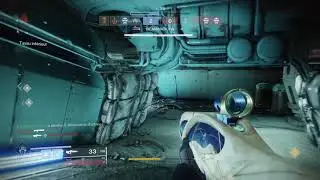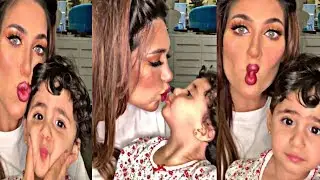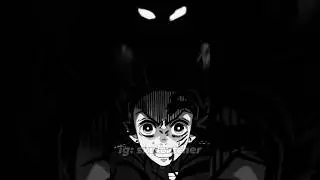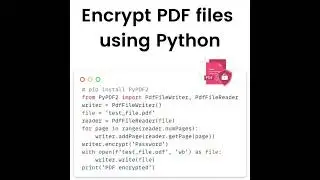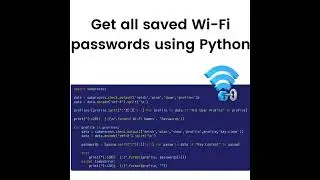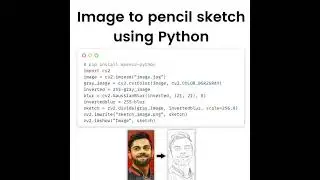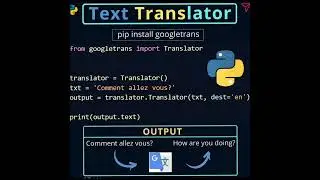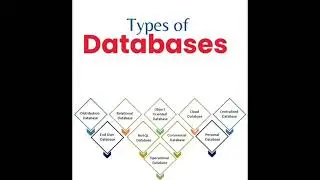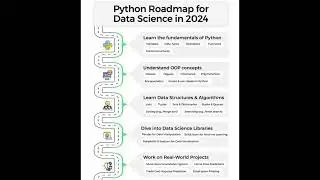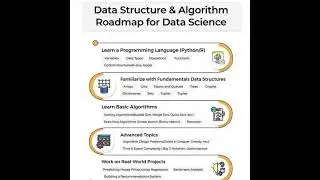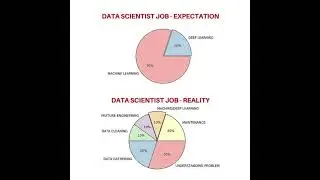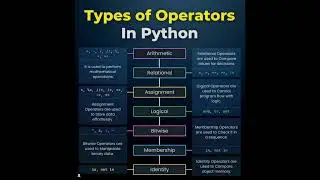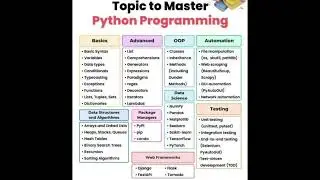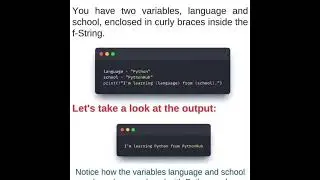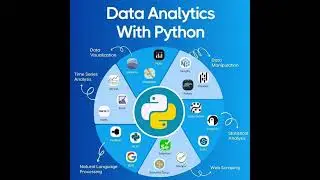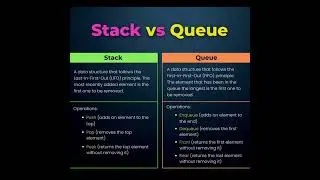AI’s Threats to Jobs and Human Happiness Are Real
Yes, AI's threats to jobs and human happiness are real. AI is already automating many jobs that were once done by humans, and this trend is only going to accelerate in the future. This could lead to widespread unemployment and economic disruption. AI could also be used to create new forms of surveillance and control, which could have a negative impact on human happiness and well-being.
Here are some specific examples of the potential threats of AI to jobs and human happiness:
Job displacement: AI is already automating many jobs in the manufacturing, transportation, and retail sectors. As AI becomes more sophisticated, it is likely to automate even more jobs, including jobs in the service sector and the professions. This could lead to widespread unemployment and economic disruption.
Surveillance and control: AI could be used to create new forms of surveillance and control. For example, AI-powered facial recognition systems could be used to track people's movements and activities. This could lead to a loss of privacy and freedom.
Bias and discrimination: AI systems are trained on data that is collected from the real world. If this data is biased, the AI system will also be biased. This could lead to discrimination against certain groups of people.
Existential risk: Some experts have warned that AI could pose an existential risk to humanity. For example, if AI becomes more intelligent than humans, it could decide to eliminate humans because it sees us as a threat.
It is important to note that AI also has the potential to create new jobs and improve human happiness. For example, AI could be used to develop new medical treatments, create more efficient transportation systems, and develop new forms of art and entertainment. However, it is important to be aware of the potential threats of AI so that we can take steps to mitigate them.
Here are some things that we can do to mitigate the potential threats of AI to jobs and human happiness:
Invest in education and training: We need to invest in education and training programs that will help people develop the skills they need to succeed in the new economy. This includes skills in STEM fields, as well as skills in soft skills such as creativity and problem-solving.
Regulate AI: We need to develop regulations to ensure that AI is used safely and ethically. This includes regulations to prevent bias and discrimination in AI systems, as well as regulations to prevent AI from being used for malicious purposes.
Develop a universal basic income: We may need to develop a universal basic income to provide people with a financial safety net in case they are displaced by AI.
AI is a powerful technology with the potential to both benefit and harm humanity. It is important to be aware of both the potential benefits and threats of AI so that we can make informed decisions about how to develop and use this technology.




